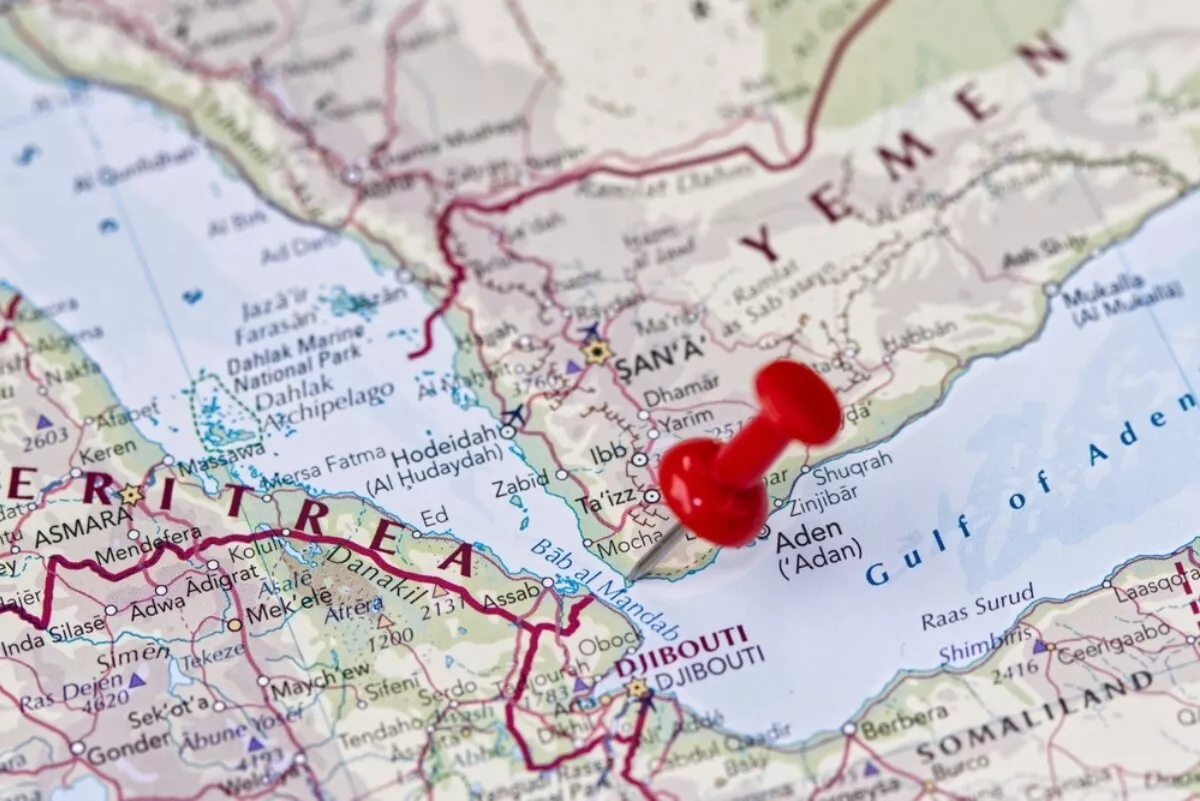Ceasefire in Yemen: Capitulation or victory for Houthis? Photo
After seven and a half weeks of intensive airstrikes on over 1,000 targets, the Trump administration’s bombing campaign against Yemen’s Houthis ended as suddenly as it began.
On May 6, during a meeting with Canadian Prime Minister Mark Carney, President Donald Trump announced that the Iranian-backed Houthis “don’t want to fight any more,” and that the US would “accept their word” and stop bombing.
Oman’s foreign minister later confirmed that his country, which is also acting as a mediator in the ongoing US-Iran nuclear talks, had brokered a cease-fire agreement between Washington and the Houthis, in which the two sides agreed not to target each other.
Despite the Houthis’ continued strikes on international shipping in the Red Sea and on Israel, the deal only bars attacks between the US and the Houthis. As an article by the Foreign Affairs magazine points out, it does not restrict Houthi action against Israel or “Israeli-linked” ships—a term the group has interpreted broadly.
What makes the White House’s announcement puzzling is that the Houthis’ stance hasn’t changed since before the US launched “Operation Rough Rider” on March 15. That campaign aimed to restore Red Sea shipping security and deter Iran and its proxies. From the outset, the Houthis focused on Israel and Israeli-linked ships, vowing to continue until Israel ended its war in Gaza. They repeatedly stated they would avoid targeting US vessels if Washington halted airstrikes. After Trump’s May 6 announcement, Houthi spokesperson Mohammed Abdulsalam reaffirmed this position. So, after a $2 billion military effort, the US cease-fire essentially formalizes what the Houthis had said all along. Though Trump claimed they “capitulated,” the Houthis maintain their power and call the deal a “victory for Yemen.”

For the Trump administration, the cease-fire was an exit from an increasingly unsustainable and costly campaign. With rising fears of another Middle East quagmire, Vice President JD Vance and other isolationist voices in the administration likely pushed for a withdrawal.
It’s uncertain whether this outcome offers the Trump administration a true off-ramp from the Houthi issue. However, if Trump continues to overlook Houthi attacks on Israel—most recently, three ballistic missiles launched from Yemen on May 14—the group is likely to refrain, at least for now, from targeting U.S. interests.
The Houthis likely would have endured even if US strikes had continued. But the cease-fire benefits them. They can now claim victory over a superpower, refocus on Israel, and shed the pressure of US bombing. Israel, in turn, continues to retaliate with its own airstrikes.
Crucially, the US-Houthi agreement makes it unlikely that Washington will back a ground offensive by Yemen’s internationally recognized government, a fractured anti-Houthi coalition controlling the south and east. Such an offensive, supported by airpower, could pressure the Houthis but carries major risks.
By ending the campaign, the Trump administration acknowledged a hard truth: the strikes were proving costly, directionless, and potentially harmful to broader US military needs. Airstrikes and terrorist designations alone wouldn’t eliminate the Houthi threat. Supporting Yemen’s government also risks deepening US entanglement, contrary to Trump’s stated aversion to Middle East wars. Perhaps realizing this, Trump abruptly ended the operation on May 6.

Yet the sudden halt may embolden the Houthis and worsen the security challenges the US set out to contain. The group is now focused on Israel and retains the right to target vaguely defined “Israeli-linked” ships. Even if a Gaza cease-fire is reached, the Houthis may again exploit Red Sea shipping to gain leverage. They could also resume charging commercial vessels for safe passage through the Bab al-Mandeb Strait, as they’ve done before.
Equally troubling, the cease-fire undermines Yemeni hopes for US support in reclaiming Houthi-held territory. The Yemeni government, under financial strain since the Houthis blocked its oil exports in late 2022, could collapse, opening the door for further Houthi gains or a resurgence of al-Qaeda in the south. Meanwhile, Saudi Arabia, already sceptical of US reliability, now faces a strengthened Houthi force along its border.
By Nazrin Sadigova








